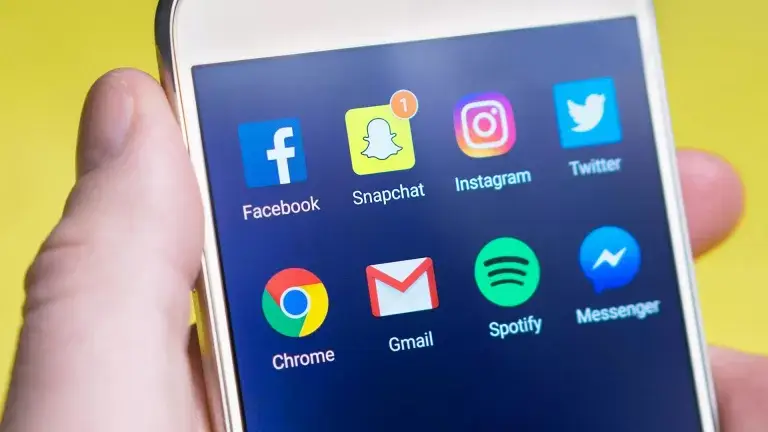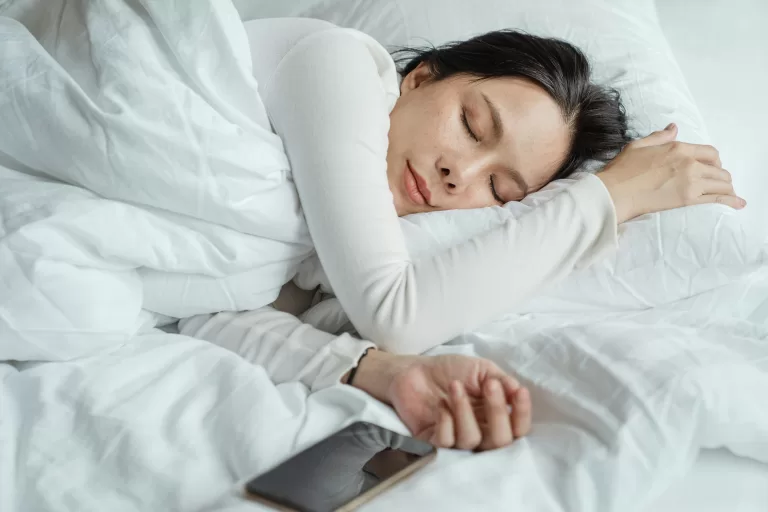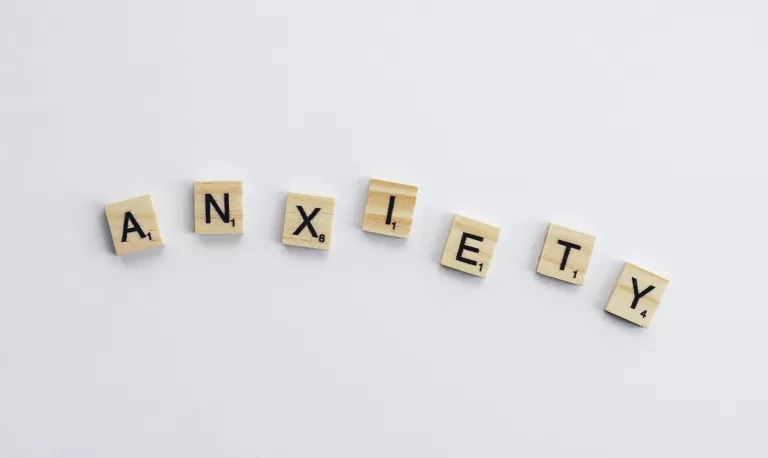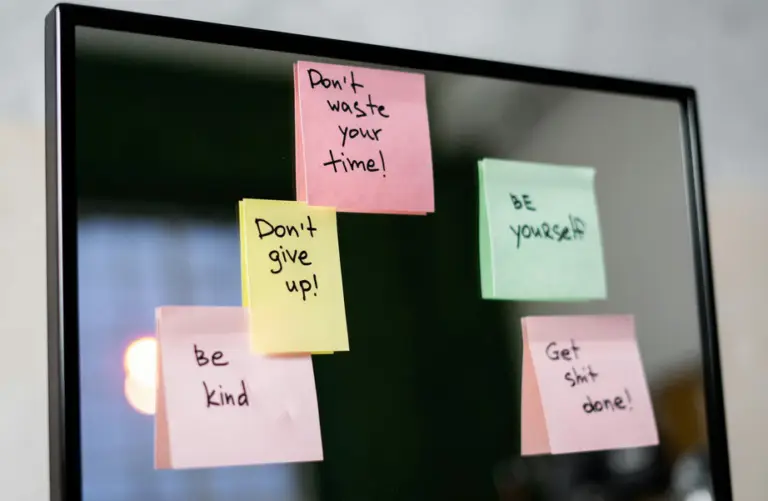We all know the feeling. You open your social media apps, and before you even realize it, you’ve spent the past 30 minutes scrolling through endless photos and posts. Some are inspiring, some are funny, but many leave you feeling… well, not so great. Maybe you start questioning why your life doesn’t look like someone else’s highlight reel. It’s easy to feel like you’re missing something or falling short. But here’s the truth: that “perfect” life you see on social media is usually far from reality.
It’s not your fault. We’re all influenced by the curated feeds we see online. But the constant pressure to keep up with these idealized portrayals can have a big impact on our mental health. So, let’s dive into how social media can affect us and what we can do to navigate these feelings in a healthier way.
The Illusion of Perfection
It’s easy to get caught up in the idea that everyone else has it together. Their lives seem perfect, don’t they? Beautiful vacations, flawless selfies, career successes, and perfect relationships. But behind every post, there’s a carefully curated selection of moments that make the person look their best. The truth is, no one’s life is flawless, no matter how it looks on Instagram or Facebook.
Research actually backs this up. In a study by Fardouly et al. (2015), it was found that viewing these idealized images on social media can negatively affect body image and self-esteem, especially among young people. When we constantly compare ourselves to these “perfect” versions of others, it’s easy to feel like we’re not enough. And over time, this feeling of inadequacy can lead to anxiety and depression.
We have to remind ourselves that what we see online is only a slice of reality, often filtered to show only the best bits. And comparing our full, messy lives to someone else’s highlight reel is never going to make us feel good.
The Mental Health Toll
We’ve all heard about the connection between social media and mental health struggles, but it’s something we often push aside. The reality is that the more time we spend scrolling, the more we expose ourselves to these unrealistic standards. The result? Anxiety, depression, and a sense of constant pressure to be someone we’re not.
A study by Primack et al. (2017) found that higher social media use is linked to increased feelings of mental health issues, especially among young adults. The endless comparisons, along with the pressure to present a “perfect” life, can weigh heavily on our minds.
But it’s not just the emotional side of things. If you’re anything like me, you’ve probably spent nights scrolling through your feed, only to look at the clock and realize it’s way past bedtime. Not to mention that blue light from your phone disrupts your natural sleep patterns, making it harder to get the rest you need. And when you don’t get enough sleep, you wake up feeling stressed, irritable, and emotionally drained. Here are 6 reasons why getting more sleep is essential.
How Social Media Can Actually Be a Force for Good
Okay, so this all sounds pretty bleak, but let’s take a step back for a moment. Social media doesn’t have to be all bad. It’s a tool, and like any tool, how we use it makes all the difference. There’s a lot of good that social media can bring into our lives if we use it mindfully.
For one, social media is an incredible platform for raising awareness about mental health. It has become a space for people to speak openly about their struggles, advocate for mental wellness, and share empowering messages. If you curate your feed to include accounts that talk about self-love, mental health, and body positivity, it can actually uplift you rather than bring you down.
I’ve found support in communities on Instagram and Twitter that focus on wellness and authenticity. These spaces are full of people who aren’t afraid to show the messy, imperfect sides of their lives. They talk about mental health struggles, encourage self-care, and share tips on how to live with more balance. Research by Naslund et al. (2016) shows that social media can provide meaningful emotional support when used in positive ways.
How to Find Balance and Make Social Media Work for You
Okay, so what does a healthier relationship with social media look like? It starts with being intentional. Here are a few steps that have worked for me, and hopefully, they can help you too:
Set Boundaries
It’s easy to get sucked into the rabbit hole of endless scrolling, but it’s important to set some boundaries. I started setting limits on how much time I spend on social media. Even just 10 minutes of intentional scrolling a day can make a big difference. Apps like Screen Time (iPhone) or Digital Wellbeing (Android) can help you track your usage, so you can stay aware of your habits.Curate Your Feed
This one’s huge. If you’re following accounts that make you feel bad about yourself, whether it’s because of unrealistic beauty standards or people who seem to have “perfect” lives, it might be time to hit that unfollow button. Instead, follow accounts that promote authenticity, mental wellness, and real-life moments. You’ll be surprised how much this can change the way you feel about your own life.Mindfulness Matters
Before you start scrolling, take a moment to check in with yourself. How are you feeling today? Are you looking for inspiration or just filling a void? If you’re feeling anxious or lonely, maybe it’s best to take a break instead of diving into your feed. Practicing mindfulness can help you stay in tune with your emotions and prevent social media from dragging you down.Take Breaks
When you feel overwhelmed, step away. It’s okay to take breaks from social media. Whether it’s for a few hours or a few days, disconnecting can help you reconnect with yourself and restore your mental peace. Sometimes, the best thing you can do is just put your phone down and live in the moment.
Final Thoughts
Social media is a part of our lives, and it’s not going away anytime soon. But we don’t have to let it control how we feel about ourselves. By being more intentional about how we use it, we can shift from feeling inadequate to feeling empowered. We can curate feeds that inspire us, follow accounts that make us feel good, and take breaks when things get overwhelming.
At the end of the day, the most important thing to remember is this: you are enough. You don’t need to measure up to anyone else’s life. Embrace the imperfections, the messiness, and the realness of your own journey. That’s where the true beauty lies.
References:
- Fardouly, J., Diedrichs, P. C., Vartanian, L. R., & Halliwell, E. (2015). Social comparisons on social media: The impact of Facebook on young women’s body image concerns and mood. Body Image, 13, 38-45.
- Naslund, J. A., Aschbrenner, K. A., Marsch, L. A., & Bartels, S. J. (2016). The future of mental health care: Peer-to-peer support and social media. Epidemiology and Psychiatric Sciences, 25(2), 113-122. https://doi.org/10.1017/S2045796015001067
- Primack, B. A., Shensa, A., Sidani, J. E., Whaite, E. O., Lin, L. Y., Rosen, D., Colditz, J. B., Radovic, A., & Miller, E. (2017). Social media use and perceived social isolation among young adults in the U.S. American Journal of Preventive Medicine, 53(1), 1-8. https://doi.org/10.1016/j.amepre.2017.01.010
- Twenge, J. M., Joiner, T. E., Rogers, M. L., & Martin, G. N. (2018). Increases in depressive symptoms, suicide-related outcomes, and suicide rates among U.S. adolescents after 2010 and links to increased social media use. Clinical Psychological Science, 6(1), 3-17.
- Vogel, E. A., Rose, J. P., Roberts, L. R., & Eckles, K. (2014). Social comparison, social media, and self-esteem. Psychology of Popular Media Culture, 3(4), 206–222.




